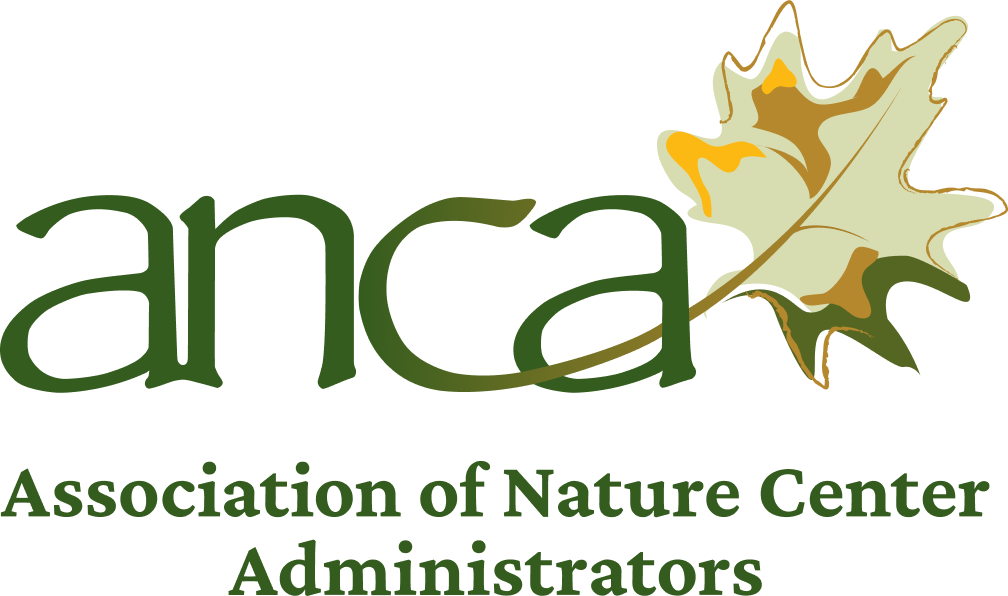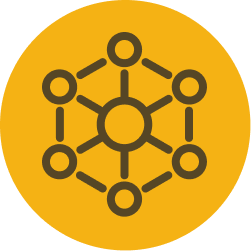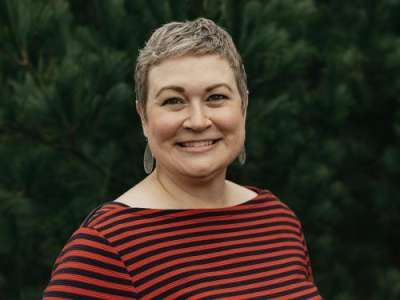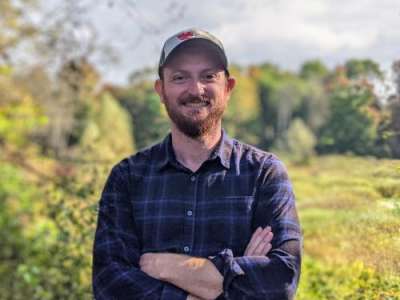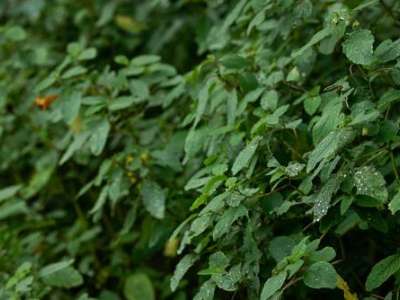Graduate Programs & Trainings
If you're looking for a progressive graduate program that blends theory and practice within a professional learning community the following programs have been identified by ANCA as unique graduate experiences. The programs are specifically designed for students who wish to establish a career in environmental education. All are associated with ANCA member institutions that provide a professional learning community, professional mentors, and a national network of academic and nonprofit partners and fit the following criteria:
- These are intensive and immersive programs that follow a cohort model where the current students start and finish the program together.
- All are graduate level programs (Master’s/PhD/EdD level) with credits provided by an accredited, degree-granting institution.
- All provide graduate level coursework and focused mentoring.
- There is dedicated faculty at the organization that has some status of higher education distinction by the university partner, e.g. Adjunct faculty.
- They blend theory, practical application, and experience within an intentional professional learning community.
- Many of these programs are residential with students living on site or in shared housing with fellow graduate students.
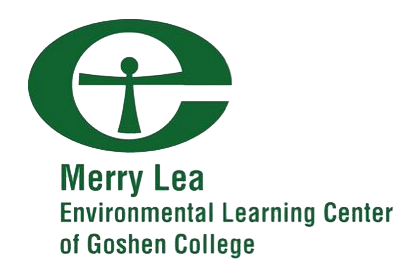 This holistic program will invigorate, expand and develop your teaching and leadership skills on our 1,200 acre preserve.Over the 33-credit, 11-month long program courses are delivered in class and in the field with February in the Bahamas. Our extensive teaching practicum combines seminars with a wide range of teaching experiences and audiences. Conferences and cross-disciplinary field trips explore nature centers, parks, city programs, and green schools A capstone project investigates a topic you choose, and applies it to regional needs through curriculum.
This holistic program will invigorate, expand and develop your teaching and leadership skills on our 1,200 acre preserve.Over the 33-credit, 11-month long program courses are delivered in class and in the field with February in the Bahamas. Our extensive teaching practicum combines seminars with a wide range of teaching experiences and audiences. Conferences and cross-disciplinary field trips explore nature centers, parks, city programs, and green schools A capstone project investigates a topic you choose, and applies it to regional needs through curriculum.
Learn more at www.goshen.edu/merrylea/
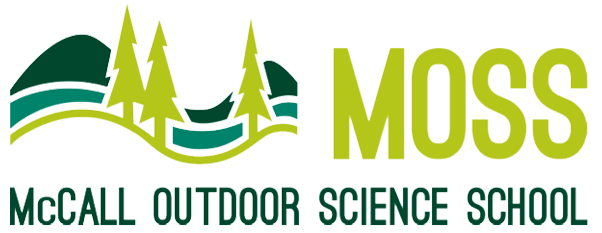 Located on Payette Lake in the Rocky Mountains of central Idaho, the MOSS Graduate Residency prepares professionals to shape our future generations of citizens. Graduates may serve in the classroom, in the field, as formal educators, or as resource professionals and will have the skills to effectively educate a diversity of learners through experiential methods, using the outdoors as an integrating context for learning about science, place and community. Through blended coursework and teaching practice, students will learn and grow as educators, scientists and leaders. Students earn a Master of Natural Resources in 12 months.
Located on Payette Lake in the Rocky Mountains of central Idaho, the MOSS Graduate Residency prepares professionals to shape our future generations of citizens. Graduates may serve in the classroom, in the field, as formal educators, or as resource professionals and will have the skills to effectively educate a diversity of learners through experiential methods, using the outdoors as an integrating context for learning about science, place and community. Through blended coursework and teaching practice, students will learn and grow as educators, scientists and leaders. Students earn a Master of Natural Resources in 12 months.
Learn more at www.uidaho.edu/moss
 IslandWood prepares leaders in innovative and inclusive education for a sustainable future. Our graduate certificate program in Education for Environment & Community, offered in partnership with the University of Washington's top-ranked College of Education is a 10-month outdoor teaching residency preparing culturally-responsive educators capable of catalyzing community and environmental stewardship.
IslandWood prepares leaders in innovative and inclusive education for a sustainable future. Our graduate certificate program in Education for Environment & Community, offered in partnership with the University of Washington's top-ranked College of Education is a 10-month outdoor teaching residency preparing culturally-responsive educators capable of catalyzing community and environmental stewardship.
Through graduate level coursework in environmental and justice-oriented education (equity and anti-bias work), biweekly field-teaching experiences, and one-on-one mentoring, students will:
- Learn best practices in integrated, experiential, student-centered learning
- Develop culturally-responsive teaching and curriculum development skills
- Deepen an understanding of the systems and theories behind educational practice
Learn more at www.islandwood.org/eec
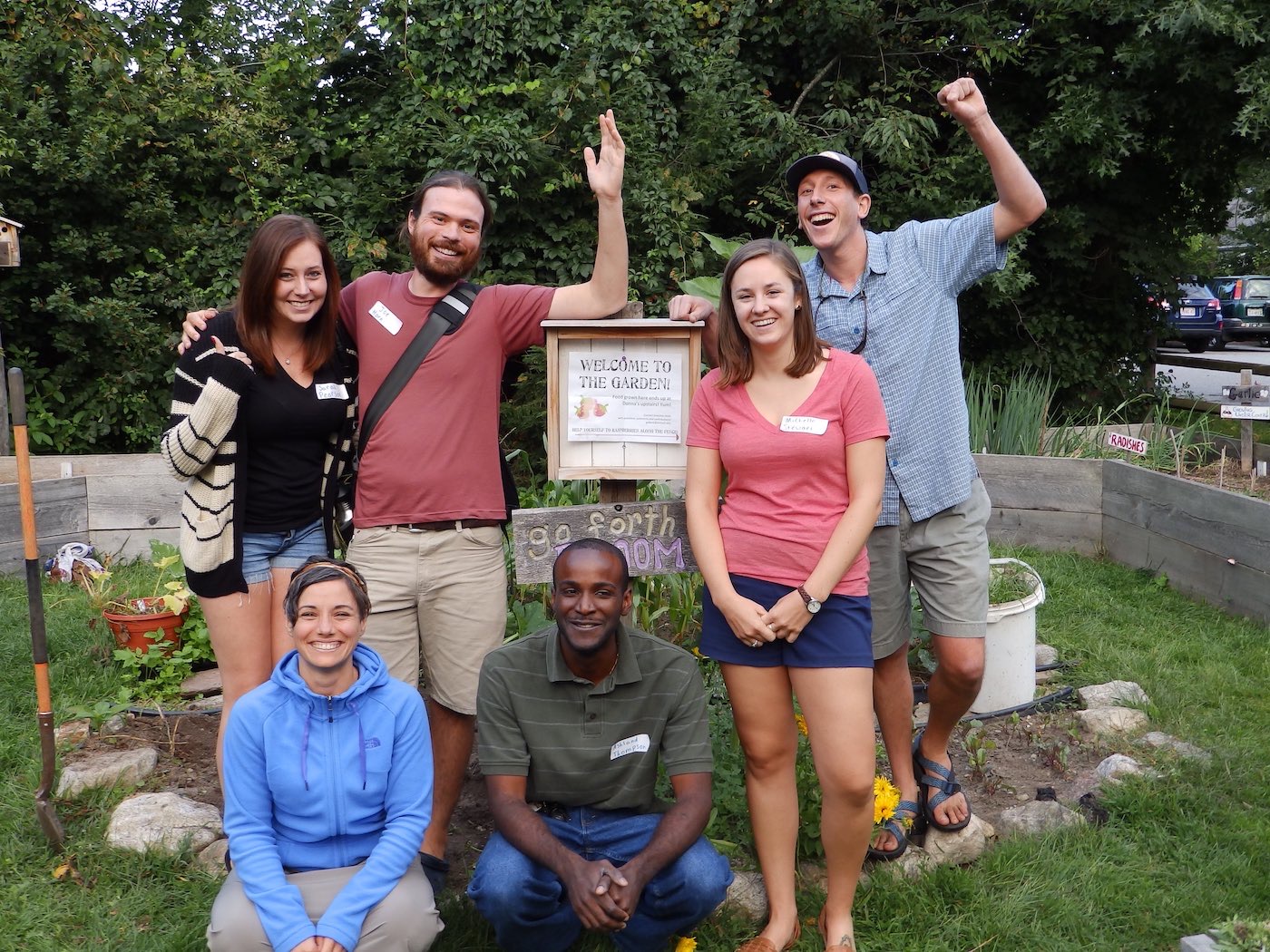
 AUNE’s Department of Environmental Studies which educates in a collaborative interdisciplinary setting, is founded on the principles of environmental justice and sustainability. The oldest environmental studies program in the country, AUNE offers environmental education opportunities for Master of Science (MS) and doctoral candidates in an engaged learning community. Through course offerings, professional internships, and graduate capstones, students are grounded in environmental education theory as they gain hands-on experience in environmental science, civic ecology and stewardship practices, cultural competency, social justice, community resilience, positive youth and community development and understanding cities as socio-ecological systems and dynamic “classrooms” for all ages.
AUNE’s Department of Environmental Studies which educates in a collaborative interdisciplinary setting, is founded on the principles of environmental justice and sustainability. The oldest environmental studies program in the country, AUNE offers environmental education opportunities for Master of Science (MS) and doctoral candidates in an engaged learning community. Through course offerings, professional internships, and graduate capstones, students are grounded in environmental education theory as they gain hands-on experience in environmental science, civic ecology and stewardship practices, cultural competency, social justice, community resilience, positive youth and community development and understanding cities as socio-ecological systems and dynamic “classrooms” for all ages.
Learn more at www.antiochne.edu.
